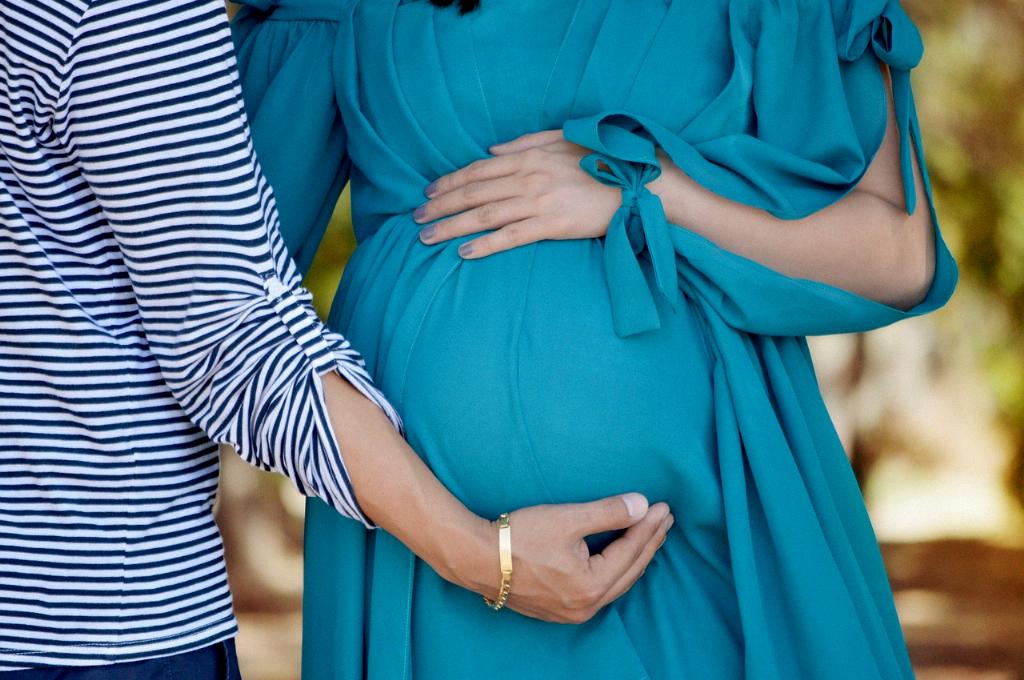One common question that pops up for many expecting mothers is – “Why is my nose red during pregnancy?” This seemingly peculiar occurrence may not be widely discussed but can be a cause of curiosity and concern for those experiencing it. Understanding the physiological changes that take place during pregnancy can shed light on this phenomenon.
Basal Dilation: A Key Factor
One significant factor contributing to the redness of the nose during pregnancy is basal dilation. This term refers to the widening of blood vessels in the body, a natural process that happens as the body adjusts to accommodate the growth and development of the baby. As blood vessels expand, they can become more visible, leading to redness in various areas, including the nose.
Increased Blood Flow: A Sign of Adaptation
During pregnancy, the body undergoes various changes to support the developing fetus, one of which is increased blood flow. This heightened circulation is vital for delivering essential nutrients and oxygen to the baby. As a result, blood vessels may appear more prominent, causing the skin to take on a reddish hue, particularly in areas with thinner skin like the nose.
Hormonal Influences: Playing a Role
Hormonal fluctuations are a hallmark of pregnancy, with surges in hormones like estrogen and progesterone impacting various bodily functions. These hormonal changes can affect blood vessel dilation and skin appearance, potentially leading to increased redness in certain areas, including the nose.
Capillary Expansion: A Visible Effect
Capillaries are tiny blood vessels that play a crucial role in nutrient exchange and circulation. During pregnancy, these capillaries may expand due to increased blood volume and hormonal shifts. As these vessels dilate and come closer to the surface of the skin, they can contribute to the redness seen in the nose and other parts of the body.
Physical Stress: Putting Pressure
The physical strain of carrying a baby can also impact blood flow and vessel dilation, leading to visible changes in the skin’s appearance. The weight of the growing uterus and the body’s overall adaptation to pregnancy can put pressure on blood vessels, potentially contributing to redness in areas like the nose.
Temperature Regulation: A Factor to Consider
Another aspect to ponder is the body’s temperature regulation during pregnancy. As the body works to maintain a stable internal environment for the developing fetus, blood flow and circulation patterns can shift, affecting skin coloration. Changes in temperature and humidity levels may also play a role in the redness observed in the nose.
Genetic Predispositions: Individual Variations
It’s essential to recognize that genetic factors can also influence how the body responds to pregnancy-related changes. Some individuals may have a genetic predisposition to redness or visible blood vessels, which can become more pronounced during pregnancy. Understanding one’s genetic makeup can provide insights into the unique aspects of skin appearance.
Emotional and Psychological Factors: Impacting Skin Health
Emotional well-being and psychological stress can also influence skin health and appearance during pregnancy. Hormonal imbalances triggered by stress or anxiety may exacerbate blood vessel dilation and skin redness. Practicing self-care and stress management techniques can help mitigate these effects and promote overall skin health.
Hydration and Nutrition: Supporting Skin Health
Maintaining adequate hydration and a balanced diet rich in essential nutrients can play a significant role in supporting skin health during pregnancy. Proper hydration helps regulate blood flow and skin elasticity, while nutrients like vitamins C and E promote collagen production and skin repair, potentially alleviating redness in the nose and other areas.
Consultation with Healthcare Providers: Seeking Guidance
If persistent or concerning redness in the nose or other skin changes are observed during pregnancy, it is advisable to consult with a healthcare provider. A medical professional can assess the underlying causes, provide personalized recommendations, and address any potential complications to ensure the well-being of both the mother and the baby.
Appreciating the Journey: Embracing Changes
While the redness of the nose during pregnancy may seem unusual, it is often a common and benign manifestation of the body’s incredible adaptability to support new life. Embracing these changes as part of the journey to motherhood can foster a sense of connection with the pregnancy experience and appreciation for the remarkable transformations taking place within the body.

